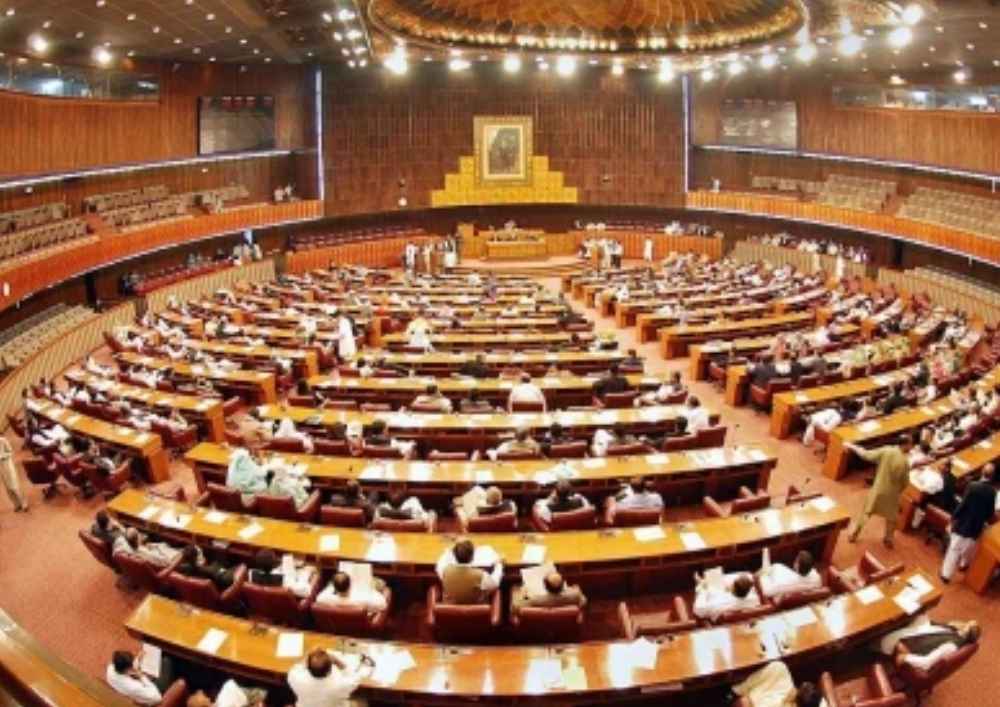ISLAMABAD / PAKISTAN: A political storm is brewing as the government prepares to table the 27th Constitutional Amendment Bill in the National Assembly today, shortly after securing its passage through the Senate with a two-thirds majority. The move has ignited fierce debate nationwide, with critics warning that the sweeping reforms could redraw Pakistan’s institutional map in ways that may centralise power and unsettle long-standing constitutional balances.
The bill introduces major overhauls across key state organs. Among its most consequential features is the creation of a Constitutional Court dedicated to interpreting constitutional matters, a proposal that supporters say will relieve the Supreme Court and streamline high-stakes adjudication. Yet legal experts caution that separating constitutional cases from the apex court may dilute judicial uniformity and influence.
Another significant proposal is the recasting of Article 243, which restructures military command by introducing a new post of Chief of Defence Forces, senior to existing service chiefs. While the government frames this as a modernisation effort aligned with global defence models, opposition leaders have labelled it an attempt to shift the civil-military equation without adequate public discourse.
The bill also has potential implications for provincial autonomy, with concerns raised about clauses linked to financial arrangements and administrative powers historically protected under the 1973 Constitution. Several lawmakers argued that altering the fiscal and operational standing of provinces may undo decades of federal progress.
Opposition members criticised the pace of legislation, claiming it was pushed forward without exhaustive consultation or parliamentary transparency. Human-rights advocates echoed these concerns, saying such deep constitutional changes require consensus, not speed.
Despite the backlash, government officials maintain the amendment is essential for strengthening state institutions and responding to modern governance challenges. They argue that Pakistan needs a constitutional framework capable of meeting current security, judicial and administrative demands.
As the bill moves to the National Assembly floor, all eyes are on the next round of political negotiation. Whether the legislation becomes a milestone reform or a flashpoint of controversy may depend on how today’s debate unfolds — and what compromises, if any, emerge.
This story has been reported by PakTribune. All rights reserved.



